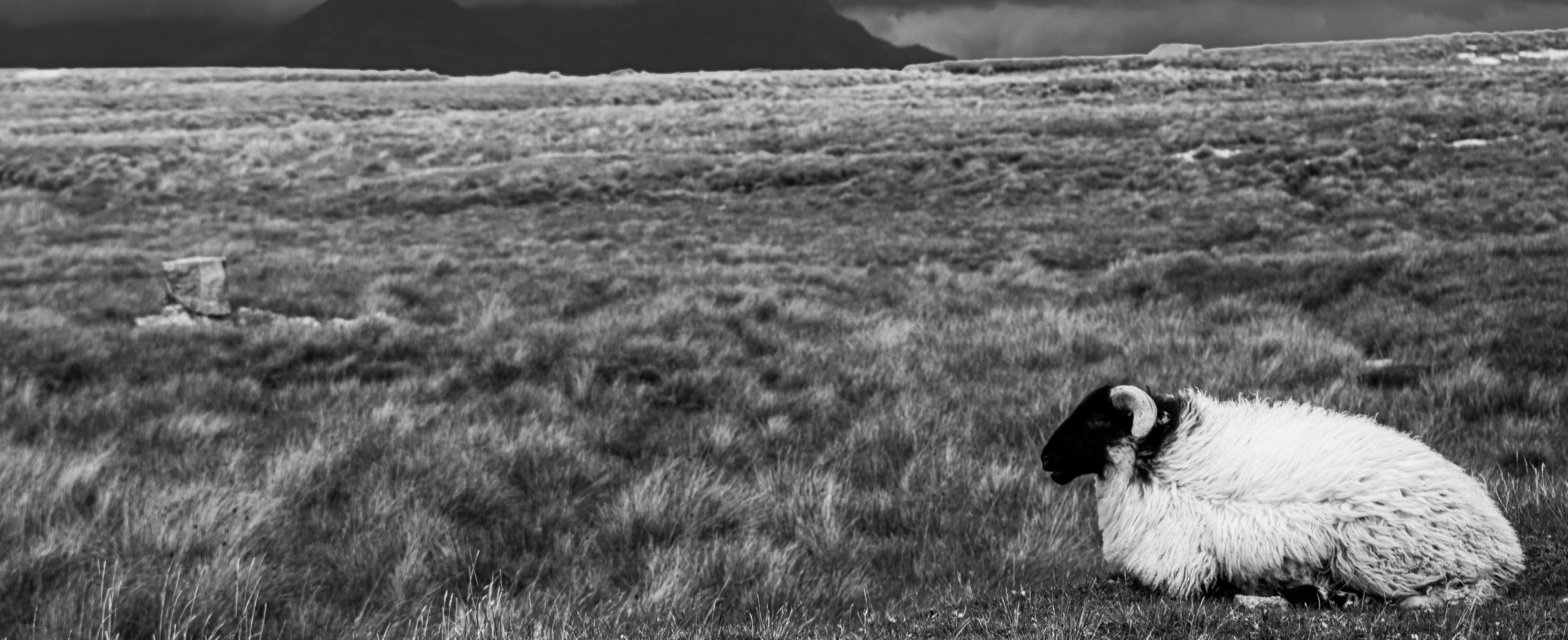Abstract
Are the methods of synthetic biology capable of recreating authentic living members of an extinct species? An analogy with the restoration of destroyed natural landscapes suggests not. The restored version of a natural landscape will typically lack much of the aesthetic value of the original landscape because of the different historical processes that created it – processes that involved human intentions and actions, rather than natural forces acting over millennia. By the same token, it would appear that synthetically recreated versions of extinct natural organisms will also be less aesthetically valuable than the originals; that they will be, in some strong sense, ‘inauthentic’, because of their peculiar history and mode of origin. I call this the ‘genesis argument’ against de-extinction. In this article I critically evaluate the genesis argument. I highlight an important disanalogy between living organisms and natural landscapes: viz., it is of the essence of the former, but not of the latter, to regularly reproduce and die. The process of iterated natural reproduction that sustains the continued existence of a species through time obviously does not undermine the authenticity of the species. I argue that the authenticity of a species will likewise be left intact by the kind of artificial copying of genes and traits that a de-extinction project entails. I conclude on this basis that the genesis argument is unsound.
Keywords: De-Extinction, Extinction, Species, Authenticity
How to Cite:
Campbell, D., (2017) “On the Authenticity of De-extinct Organisms, and the Genesis Argument”, Animal Studies Journal 6(1), 61-79.
Downloads:
Download PDF
452 Views
633 Downloads

